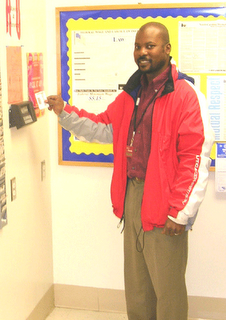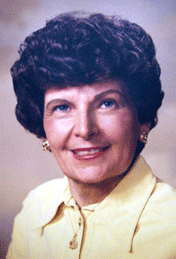
1. Working (even part-time) can help you get better and is vital to your recovery by giving you something to wake up for, possibly take your mind off yourself, and feel good about. Some studies suggest that it can reduce your illness symptoms.
2. Regardless of what your future career might be, working now keeps your work-place skills alive and establishes references and connections. Think of it as networking for the next job. The longer you're absent from the work world, the harder it will be to return.
3. Making your own money can reduce the burden of your family or free you from whomever you may be dependant on—increasing your freedom and independence.
4. You can keep your benefits while you work—we have a benefits counselor that can help you understand the incentives out there to actually increase your income.
Caramore can help you immediately return to work and counsel you on how to get on a career path. Currently, we have some clients who are employed in jobs that they consider to be "a first step." Others are studying for their GED, taking college classes, and some are currently working in their chosen careers—but they all recognized the value of getting back into the workforce as soon as they were able.
D. Cooley




